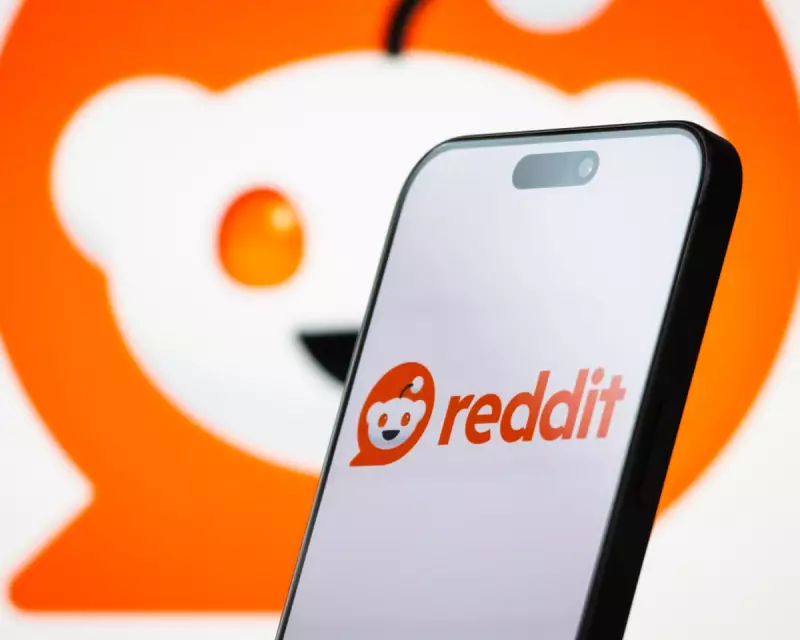
In a bold move that's sending shockwaves through the digital world, Australian authorities are contemplating a radical solution to combat online toxicity: banning the downvote button on social media platforms. This unprecedented consideration follows growing concerns about how Reddit's voting system has been weaponised to silence dissenting voices and manipulate public discourse.
The Downvote Dilemma: From Discussion to Censorship
What began as a simple mechanism to promote quality content has evolved into something far more sinister. The downvote feature, particularly prominent on platforms like Reddit, has transformed from a content curation tool into a powerful instrument of mob mentality and political manipulation.
Research indicates that downvotes don't just bury unpopular opinions—they actively discourage participation and create echo chambers where only mainstream views survive. The psychological impact of receiving multiple downvotes can be profound, leading users to self-censor or abandon platforms altogether.
Australia's Digital Standoff
Australian regulators have been monitoring the situation with increasing alarm. The potential ban represents a significant escalation in the global conversation about social media responsibility. Unlike previous regulatory efforts focused on content removal or data privacy, this targets the very architecture of online interaction.
"We're witnessing how these seemingly neutral features can undermine democratic discourse," explained one policy analyst familiar with the discussions. "The downvote has become a tool for coordinated campaigns against marginalised voices and political opponents."
Global Implications for Social Media Giants
The Australian proposal has put major tech companies on high alert. Reddit, whose entire ecosystem revolves around upvote/downvote mechanics, would face an existential challenge if such regulations were implemented. Other platforms using similar systems are watching developments closely.
Industry insiders suggest that platforms might need to develop alternative content moderation systems that promote constructive dialogue without the punitive aspects of downvoting. Some potential solutions being discussed include:
- Replacing downvotes with constructive feedback mechanisms
- Implementing graduated response systems for poor-quality content
- Developing AI-driven content quality assessment
- Creating separate metrics for agreement versus content quality
The Free Speech Counterargument
Critics of the proposed ban argue that it represents government overreach into digital spaces. Free speech advocates contend that voting systems, while imperfect, allow communities to self-moderate and establish their own standards of discourse.
"This isn't about protecting users—it's about controlling conversation," argued a digital rights activist. "The solution to bad speech isn't less speech; it's better tools for users to manage their own online experiences."
What Comes Next for Digital Democracy?
As Australia weighs its options, the international community watches with keen interest. The outcome could set a precedent for how nations approach social media governance in an increasingly polarized digital landscape.
The debate raises fundamental questions about the future of online interaction: Can we design digital spaces that foster healthy debate without silencing minority views? How do we balance community moderation with individual expression? And what responsibility do platforms bear for the psychological impact of their design choices?
One thing is certain: the humble downvote button has become the unlikely focal point in a much larger battle over the soul of our digital public squares.





